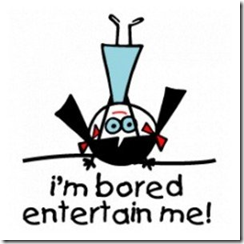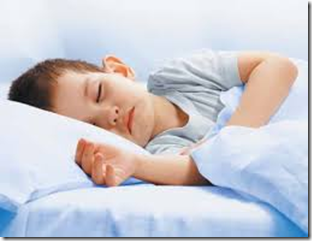This will come as no surprise to anyone who plays a coed sport:
On the playing field, men are more likely than women to make dumb decisions.
The major finding:
As the competition (in US Open Tennis) gets tighter, men are more likely to screw up. During set tiebreakers, female players were more likely to make the correct challenge call, and men more likely to make an incorrect call.
The study, conducted by conducted by economics professors from Deakin University in Melbourne and Sogang University in Seoul, only looks at US Open tennis, but the same principles are easily applied to other sports, including golf.

More than half of the errors that I make while playing golf are mental errors, and a good percentage of them amount to little more than dumb decisions.
These dumb decisions fall into three categories:
- I failed to take an aspect of the course (a tiered green, an enormous pond, a stiff breeze) into account before swinging.
- I failed to think strategically before swinging
- I attempted a shot that was impossible or nearly impossible in hopes that it might work.
It’s this latter error (and my most frequent error) that this study seems to address.
Errors like these often occur when I am standing in a tree line on the edge of a fairway. “The mature shot” (a phrase my friends and I often use to describe the boring but sensible shot) would be to chip the ball out of the tree line onto the fairway and proceed to the green.
Instead, I look ahead to the green and see an opening through the tree line down to the green. Hitting my ball through this series of spaces between the trees will require me to hit a ball low and long and accurate to within three feet, absent of any slice or draw. It will require the perfect shot. But if I manage t pull it off, I could be on the green and save myself at least one stroke.
It’s a decision I make often. It’s a decision that my friends make often.
The results are rarely good.

These findings can be applied to other sports as well. I play coed basketball, and I’ve found that a man is much more likely to throw up an improbable shot during a game (and particularly near the end of the game) than a woman.
The authors attribute the propensity for men to make these kinds of dumb decisions to three factors:
Overconfidence: Men are more prone to cockiness, and think that their perspective is always correct.
Pride: Men also possess a disproportionate amount of pride. Governed by their egos, men can’t bear to lose, and are more susceptible to making an irrational decision.
Shame: Men are also less prone to shame than women. They don’t see the same downside to screwing up. “Guys just don’t care as much about losing challenges,” Martina Navratilova, winner of 18 Grand Slam singles titles, told TIME. “Women are more concerned about being embarrassed.”
The authors of the study agree:
“At crucial moments of the match, such as tiebreaks … male players try to win at all costs, while female players accept losing more gracefully.”
Overconfidence and pride seem to be hindrances to performance in almost all cases, but a reduced propensity for shame is less clear.
In the 16 years that I have spent working primarily with women, in addition to the three years spent studying at a women’s college, I have taken note in this difference in the way that men and women experience shame. I think Navratilova and the authors of the study are correct:
Men are far less concerned about being embarrassed than women.
While this lack of concern over embarrassment may lead to my willingness to attempt impossible golf shots and ultimately cause me to lose more often, I’ve also noted that men are more willing to take risks, both athletically and professionally, and that these risks often pay off enormously.
It also allows men to focus more closely on critical aspects of their job that they deem most important while allowing less important but potentially embarrassing aspects of the job to receive little or no attention.
It also prevents concern over perceived embarrassments over factors that others would never even notice.
This one seems especially prevalent in female culture.
So yes, men are more likely to make dumb decisions on the tennis court, and probably in most athletic endeavors. And yes, overconfidence, pride, and shame (or a lack thereof) are contributing factors to our stupidity.
But men’s reduced level of concern over embarrassment may not be all bad. At the very least, it reduces anxiety and worry and frees up vast amounts of time and resources. But it may also greatly contribute to a man’s willingness to try new things, take risks, fight relentlessly, fail often, and ultimately find higher ground.
And take some terrible golf shots along the way.







